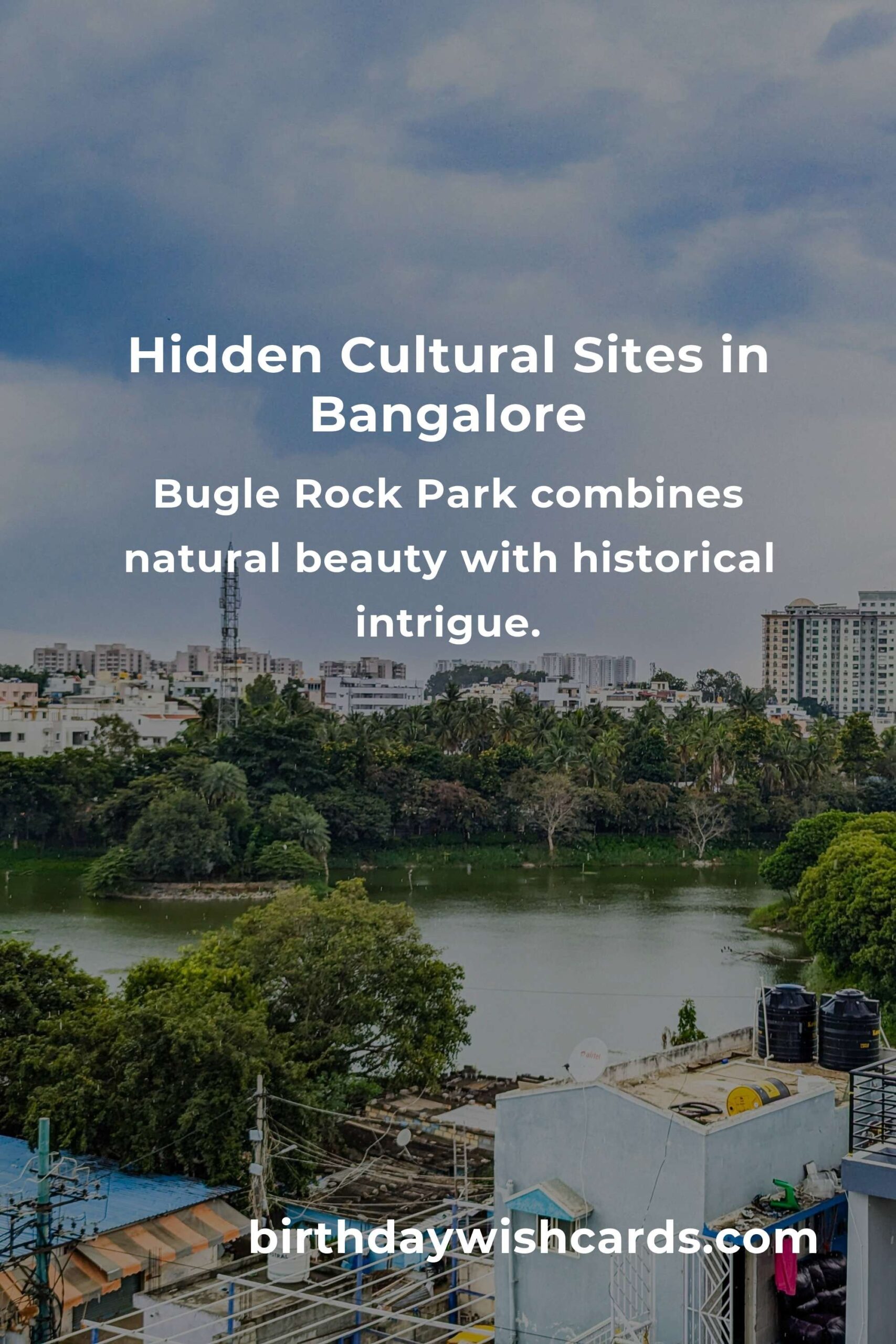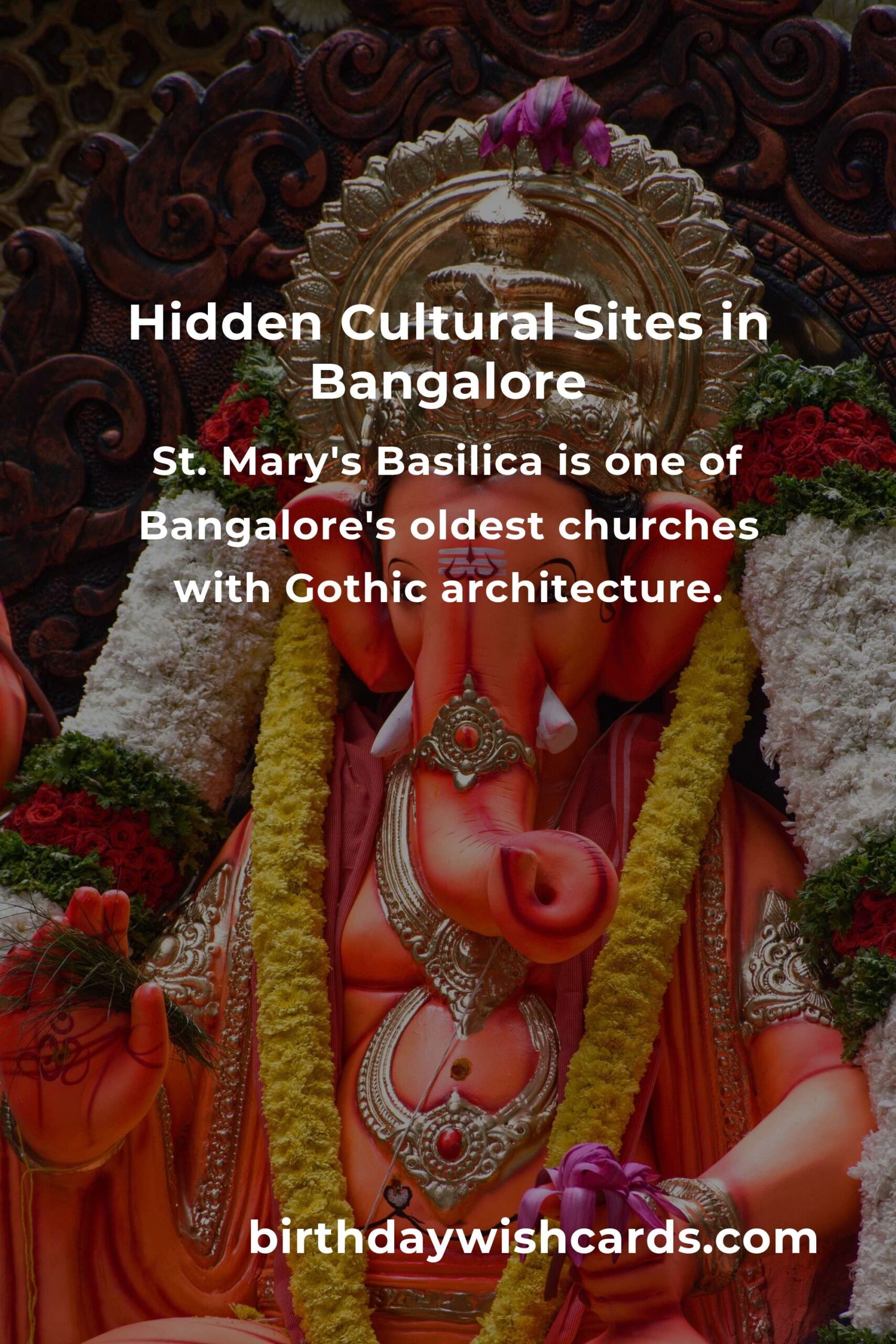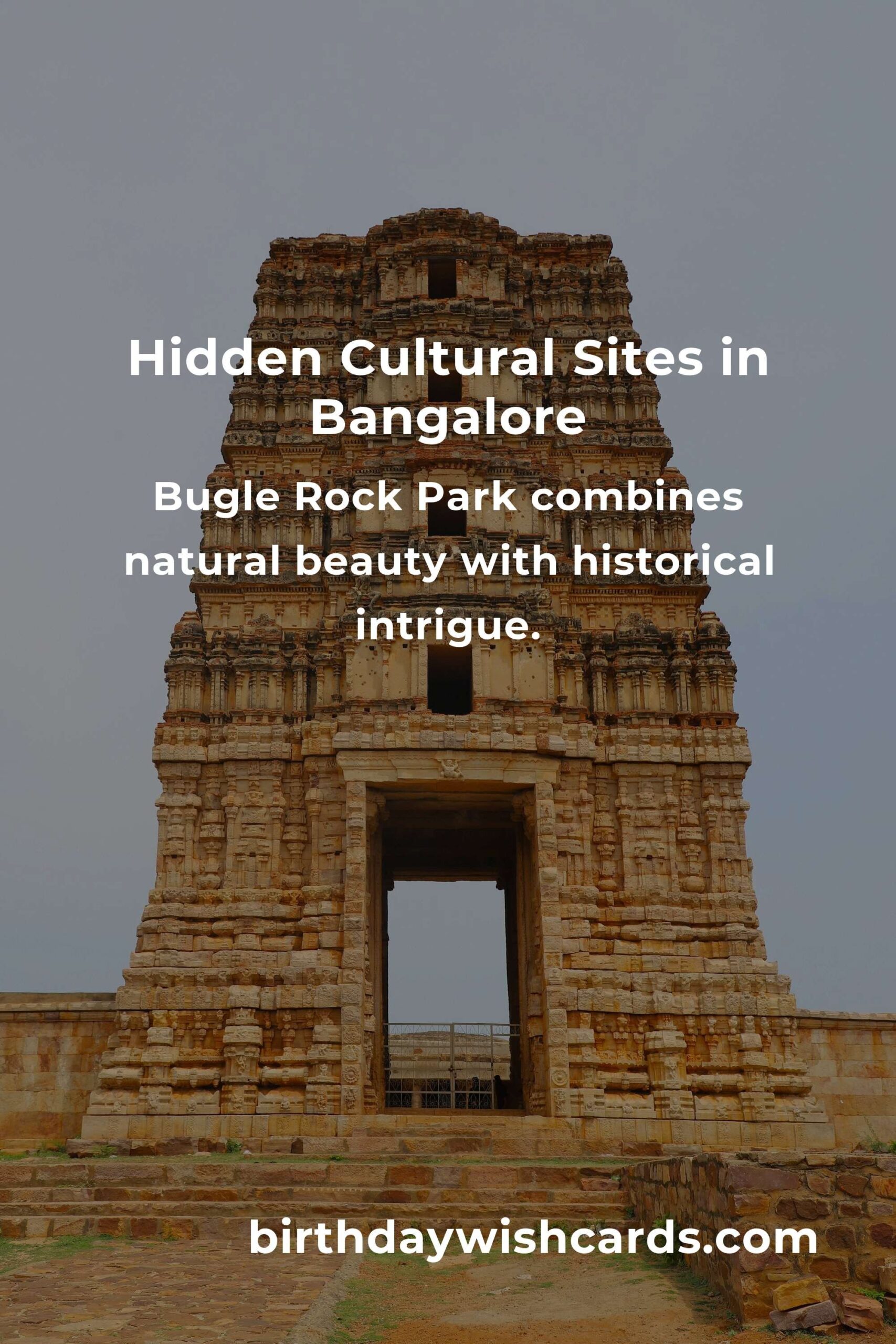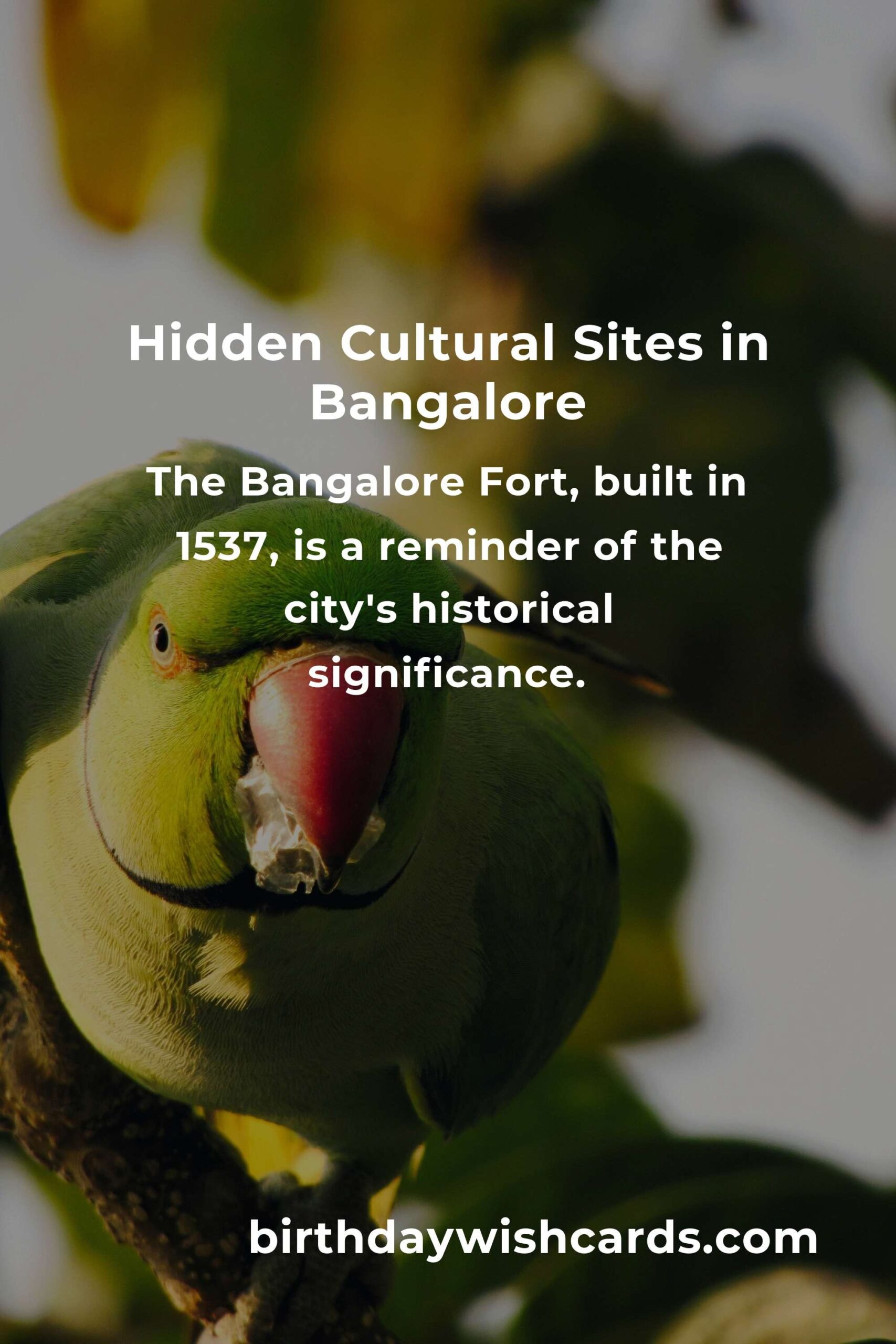
Bangalore, the vibrant capital city of Karnataka, is often celebrated for its bustling tech industry, lush gardens, and dynamic nightlife. However, beneath its modern facade lies a rich tapestry of culture and history waiting to be explored. In this article, we will delve into some of the hidden cultural sites in Bangalore that offer a glimpse into the city’s diverse heritage and traditions.
Bangalore Fort: A Glimpse into the Past
One of the most intriguing cultural landmarks in Bangalore is the Bangalore Fort, originally built by Kempe Gowda I in 1537 as a mud fort. Later, in the 18th century, it was restructured into a stone fort by Hyder Ali. Despite the city’s rapid modernization, the remnants of this fort stand as a reminder of Bangalore’s historical significance. Visitors can explore the fort’s gate, the Delhi Gate, and the remnants of the two bastions that still exist today.
Tipu Sultan’s Summer Palace: A Regal Retreat
Located close to the Bangalore Fort is Tipu Sultan’s Summer Palace, an exquisite example of Indo-Islamic architecture. Constructed entirely of teak wood, the palace features intricate carvings and beautiful frescoes. It served as Tipu Sultan’s summer retreat and a venue for royal ceremonies. The palace offers insight into the opulent lifestyle of the Mysore rulers and the architectural brilliance of that era.
St. Mary’s Basilica: A Testament to Faith
St. Mary’s Basilica, situated in the heart of Bangalore, is one of the oldest churches in the city and a significant religious site. Built in the Gothic style, the church’s architecture is a sight to behold with its stained glass windows and towering spires. The annual St. Mary’s Feast in September attracts thousands of devotees and is a vibrant celebration of faith and community.
Bugle Rock Park: Nature Meets History
Bugle Rock Park in Basavanagudi is not just a haven for nature lovers but also a site of historical importance. The park is named after a massive rock formation that dates back over 3,000 million years. It is believed that Kempe Gowda used this elevated rock to warn the city of impending invasions by blowing a bugle. Today, the park is a peaceful retreat that combines natural beauty with historical intrigue.
Gavi Gangadhareshwara Temple: A Marvel of Architecture
This cave temple, known for its unique architectural design, is dedicated to Lord Shiva. The Gavi Gangadhareshwara Temple is famous for its mysterious stone discs in the forecourt and the precise alignment of the temple’s architecture with the sun’s rays during certain times of the year. This phenomenon attracts both devotees and architecture enthusiasts who are eager to witness this marvel.
Ulsoor Lake: A Tranquil Escape
For those seeking a serene escape within the city, Ulsoor Lake offers a picturesque setting with historical significance. Although primarily known for its boating facilities and scenic beauty, the lake is dotted with several small islands and was once a prominent site during the British Raj. Today, it serves as a peaceful retreat for locals and tourists alike.
Exploring these hidden cultural sites in Bangalore provides a deeper understanding of the city’s rich heritage and diverse traditions. Each site tells a unique story of the past, offering visitors a chance to connect with Bangalore’s cultural roots.
Bangalore is celebrated for its tech industry and gardens, but it also has a rich cultural heritage.
The Bangalore Fort, built in 1537, is a reminder of the city’s historical significance.
Tipu Sultan’s Summer Palace showcases Indo-Islamic architecture and royal history.
St. Mary’s Basilica is one of Bangalore’s oldest churches with Gothic architecture.
Bugle Rock Park combines natural beauty with historical intrigue.
Gavi Gangadhareshwara Temple is known for its unique architectural alignment with the sun.
Ulsoor Lake offers a tranquil escape with historical significance.
#Bangalore #CulturalSites #Travel #History #HiddenGems












